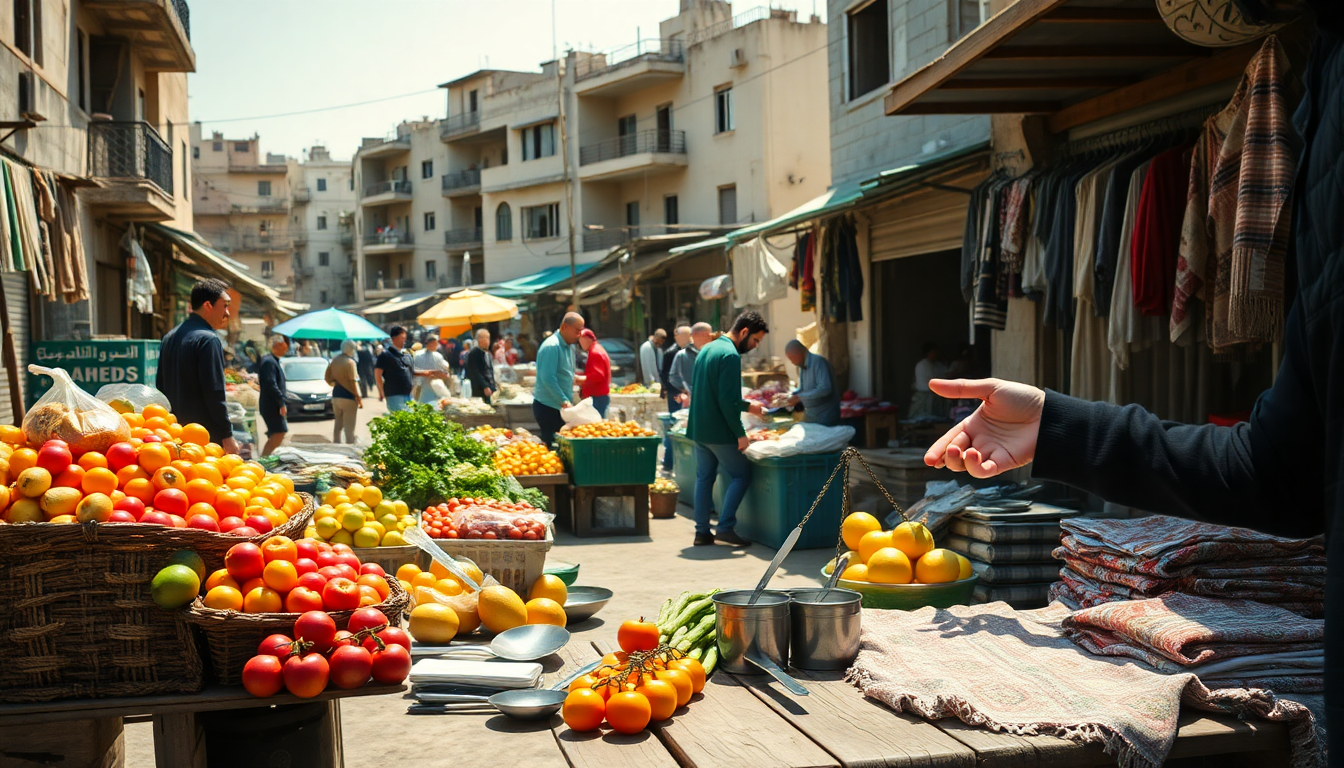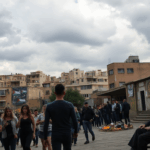Table of Contents
The economic situation in Gaza has spiraled into a crisis, where traditional currency has lost its worth, forcing residents to rely on barter as their primary means of exchange. This drastic change has not only disrupted daily life but has also laid bare the vulnerabilities of a community trapped in an ongoing cycle of poverty and political turmoil.
With the blockade choking off financial resources, the people of Gaza are left facing a precarious future—one where survival often depends on trading goods instead of cash. How did it come to this?
The State of Currency in Gaza
In the heart of Gaza, a once-familiar sight— the 10-shekel note, which used to be worth about $3—has become a symbol of economic collapse.
These notes, now tattered and worn, are no longer accepted in everyday transactions. Sellers turn them away, and buyers find even the smallest denominations to be more of a burden than a benefit. The lack of cash circulation has intensified this crisis, leaving many without the means to conduct basic commerce.
Can you imagine trying to buy groceries without being able to use money?
As the economy stagnates, the harsh reality becomes clear: even the larger banknotes, like the 100-shekel bill, have become problematic. With change in short supply, many transactions are fraught with uncertainty.
This bizarre market dynamic has given rise to stalls dedicated solely to repairing damaged notes, highlighting the dire circumstances that define Gaza’s economic landscape. What does it say about a community when fixing money becomes a business in itself?
The Collapse of Financial Structures
But the issues extend far beyond the physical state of currency. The financial infrastructure in Gaza has crumbled. Civil servants haven’t been paid for months, and non-governmental organizations struggle to provide salaries to their workers. The remittance systems that once offered support to countless families have also collapsed, leaving many without a financial lifeline.
With money trapped in a web of political barriers, how can residents find a way out of this financial maze?
To make matters worse, the lack of banking services has only deepened the crisis. While institutions like the Bank of Palestine and Cairo Amman Bank used to provide essential services, their doors are now closed, and their ATMs sit idle. Residents are left with no choice but to rely on brokers who operate in the shadows of the black market, charging exorbitant fees just to access cash. It’s a situation where obtaining money feels like navigating a minefield, and for many, the struggle has almost become synonymous with theft.
Bartering: The New Currency
As traditional currency crumbles, the people of Gaza have turned to bartering for survival. In local markets, exchanges are made with goods rather than cash. Whether it’s trading lentils for flour or a baby’s jacket for onions, the value of items shifts dramatically from day to day, driven more by necessity than by market forces. This new reality has forged a community reliant on personal trades, as families learn to navigate a landscape of scarcity and uncertainty. How do you adapt to a world where money no longer holds value?
The psychological toll of this economic downturn is staggering. People are not just losing their financial stability; they are also losing their sense of dignity and future aspirations. As families resort to selling treasured items like gold bracelets—once seen as a safety net—their hopes for a better tomorrow fade away. This cycle of despair is compounded by the understanding that these economic barriers are not simply the result of mismanagement; they stem from a deliberate strategy that seeks to undermine financial stability. What happens to a community when hope becomes a rare commodity?
Conclusion: The Implications of Economic Isolation
The ongoing blockade has not only restricted the flow of goods into Gaza but has effectively severed the connection between its residents and their financial independence. The implications of this economic isolation are dire, with the possibility that Gaza may revert to a society where bartering becomes the only means of transaction. As the future remains uncertain, the community grapples with fundamental questions about survival and dignity in a world stripped of financial stability.
The situation in Gaza is a stark reminder of how fragile economic systems can be and how resilient the human spirit is in the face of adversity. While the immediate focus may be on survival through bartering, the broader implications for the region’s economic future are deeply concerning. What can be done to restore hope and stability in such a landscape? The answers remain elusive, but the need for change is urgent.





